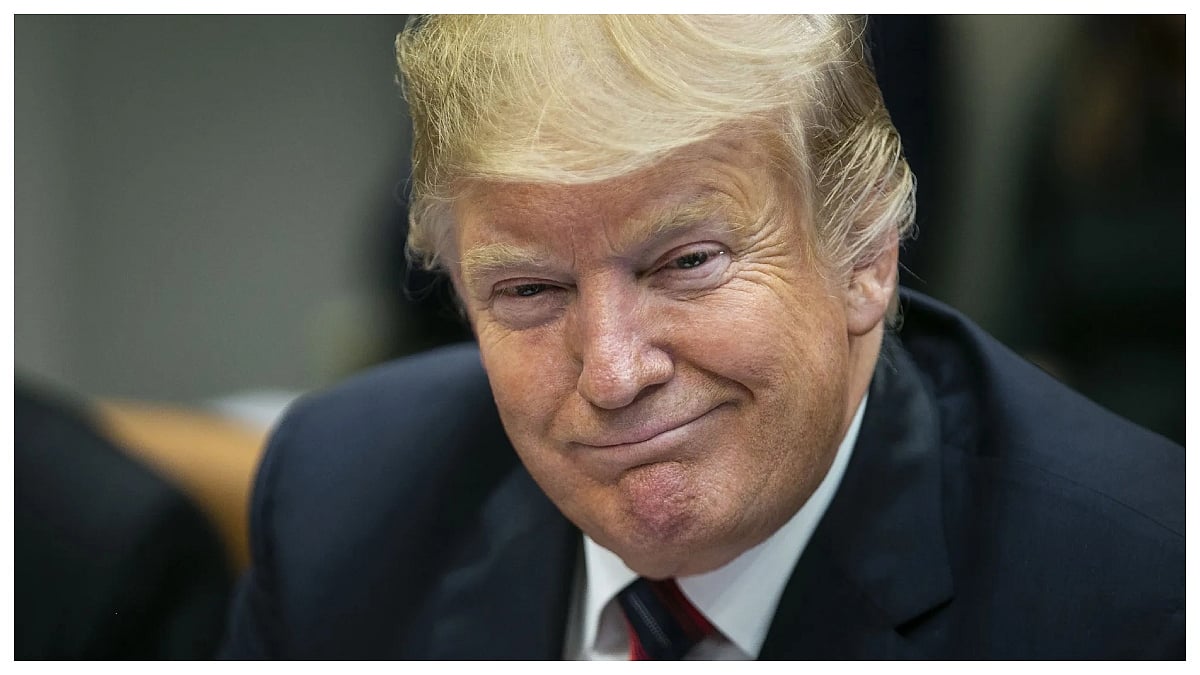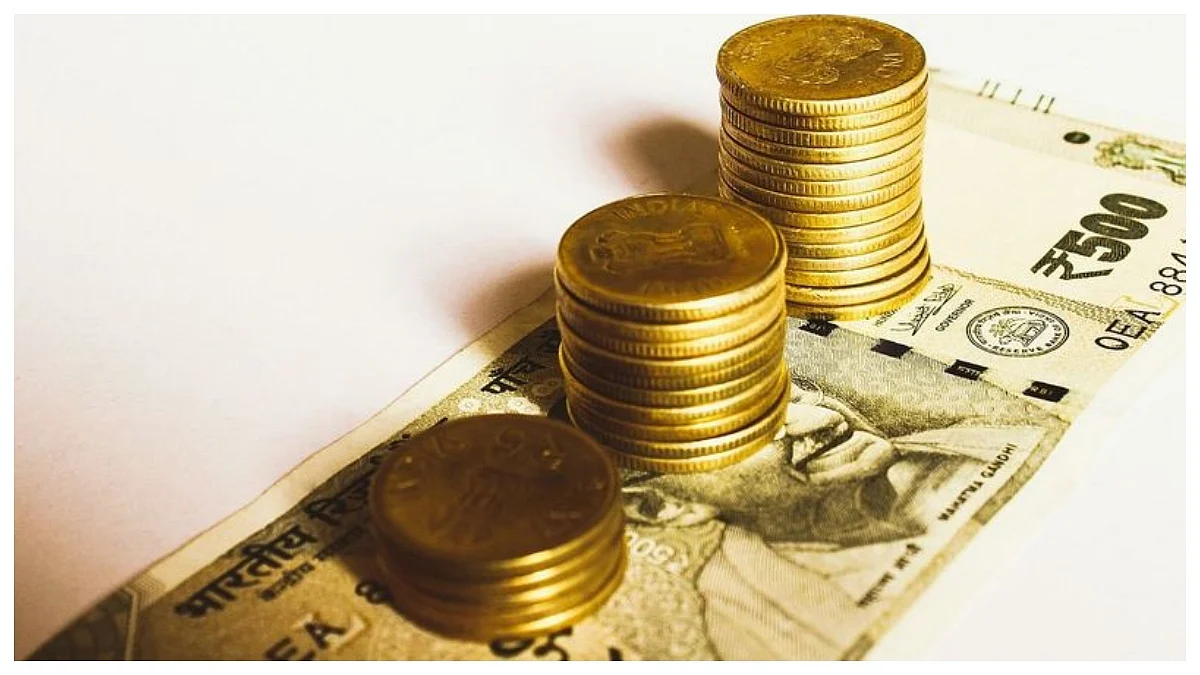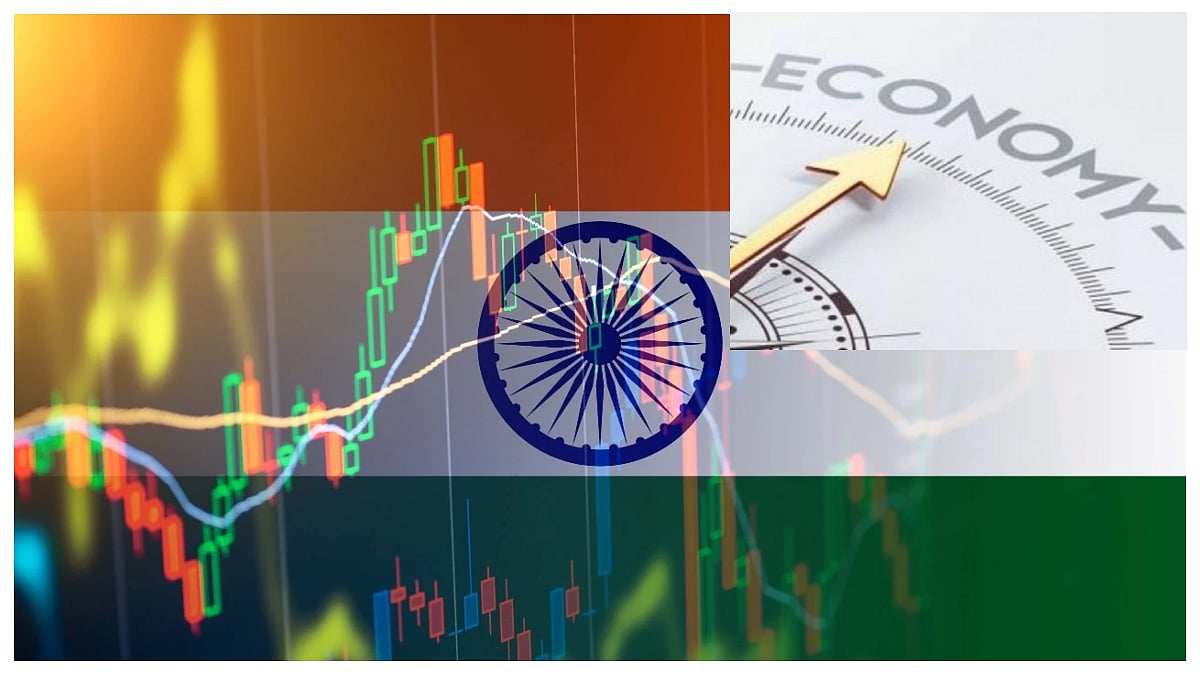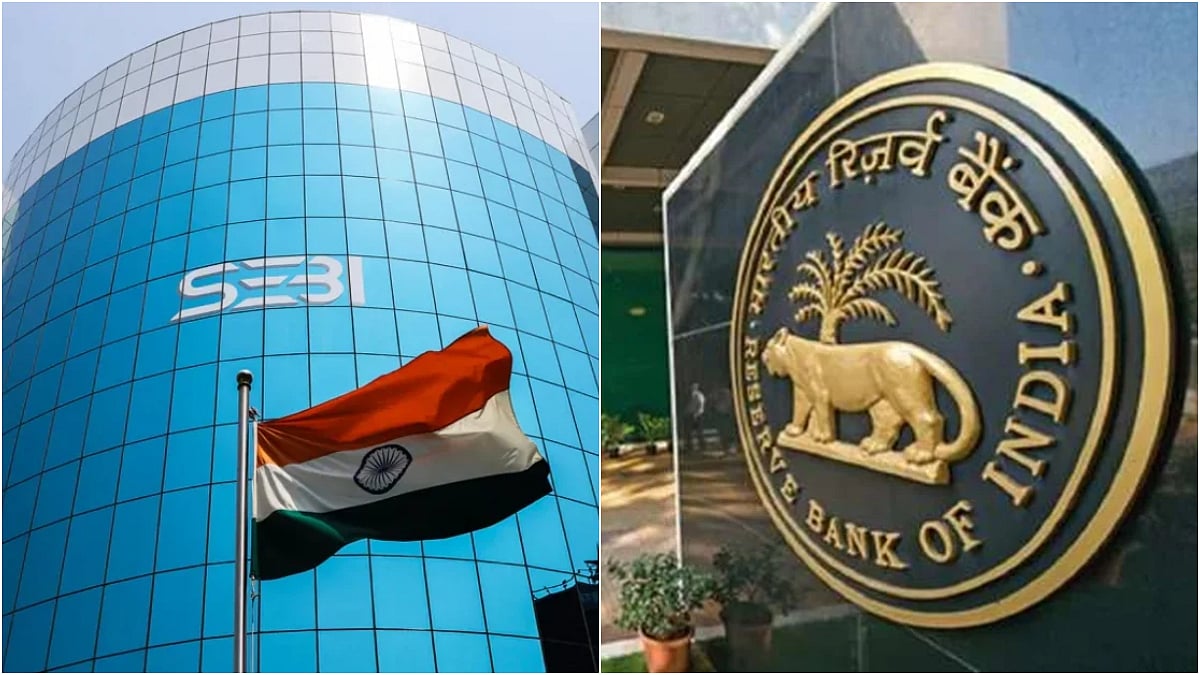US President Donald Trump announced the imposition of a 25 per cent import duty and penalty on India from August 1. Exporting Indian goods to America will be expensive. It will affect India's export sector. On April 2 this year, Trump announced the imposition of a 26 per cent duty on India, but later postponed it till July 9. This exemption was extended till August 1. Now, America has also announced the imposition of a 25 per cent duty and penalty on India.
The Agreement Stalls
This will make it expensive to export Indian goods and services to America. It will rapidly reduce the demand for Indian goods in America. Although both countries set a target of completing the first phase of the agreement by September-October, the agreement stalled. The target of this agreement is to double the bilateral trade to US$500 billion by 2030.
Meeting Between PM Modi & Trump
During the meeting between Trump and Prime Minister Modi in the US in February this year, both leaders had agreed on a bilateral trade agreement. After that, talks started between the two sides. So far, five rounds of talks have been held. The last round of talks took place in Washington, but no result could be achieved. From 25 August, the sixth round of talks is to be held in India.
No Consensus Between The Two Sides
Sources say that there is no consensus between the two sides at many levels. America wants its dairy and agriculture-related products should be sold at cheaper rates in the Indian market. For this, India should give concession duty under BTA, to which India is not agreeing. India does not want to include those products in the agreement, or is not ready to reduce import duty on those products, which may affect the domestic market, industry and farmers.
What does India want?
Under the proposed trade agreement, India is demanding special duty concessions for labour-intensive sectors. These include products like textiles, gems and jewellery, leather goods, apparel, plastics, chemicals, shrimp, oilseeds, grapes and bananas. Under the agreement, India is demanding removal of additional duty (26 percent). At the same time, it also wants reduction in duty on steel and aluminium (50 percent) and auto sector (25 percent).
America's demand
Under the BTA, the US wants duty concessions on some industrial goods, automobiles, especially electric vehicles, wine, petrochemical products, agricultural goods, dairy goods, apples and genetically modified crops. Whereas India is not ready to give concessions on some agricultural and dairy products. Regarding this, some farmer organizations have also demanded from the government that such concessions should not be given in the agricultural sector under the BTA, which may harm the farmers at the domestic level.
America wants to reach an agreement on its terms: Expert
Professor Arun Kumar, a former professor at Jawaharlal Nehru University, says that there is uncertainty in the global market since US President Donald Trump came to power. America wants to agree with all the countries of the world on its terms, for which it is taking steps like imposing import duties and fines.
Another reason for imposing a duty on India is that India is importing crude oil from Russia. Whereas America wants to stop the Russia-Ukraine war. For this, America is trying to prevent India from buying crude oil from Russia. Therefore, this decision has been taken as part of the policy of creating pressure.
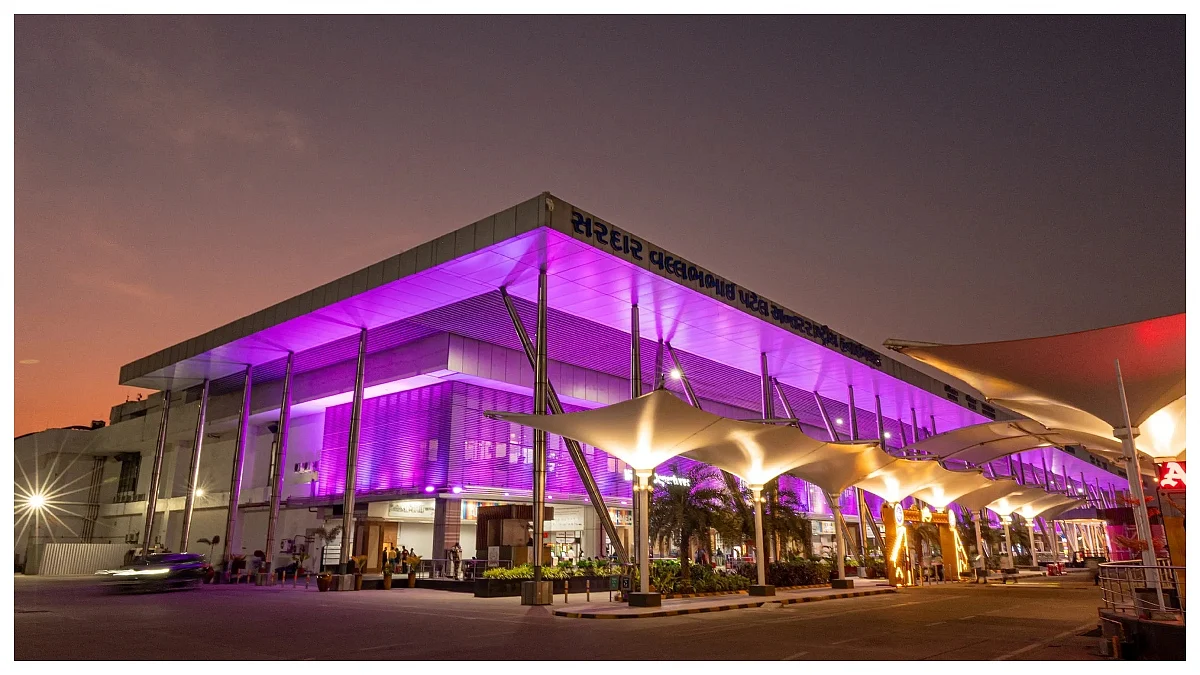
What will happen to the India-US bilateral trade agreement?
A US delegation will visit India from August 25 for the decisive sixth round of talks on the proposed India-US bilateral trade deal. The interim agreement was already finalised and presented to President Trump before the original deadline of July 9, but was not signed, due to which it was extended by three weeks to August 1.
The second government official said the agreement was under consideration. The US decided not to move forward. This statement clearly shows that the political direction has changed in Washington.
Trump's Decision Will Have Major Effects
1. Loss of exports
India exported goods worth $77.5 billion (about ₹6.5 lakh crore) to the US in 2023-24. Experts believe that duties and penalties could lead to a decline of 2 to 7 billion dollars in India's exports annually.
2. Pressure will remain on the rupee
The rupee is already at 87.5, and now there is a danger of it crossing 88. There may be pressure on the shares of textile, diamond, auto and mobile companies.

3. Common people may be affected
Items like mobiles, laptops, electronics, and jewellery sent from India to the US may become expensive. NRI gifts and duty-bearing products may become expensive.
4. IT Services
The services provided by Indian companies in America may also be affected. The tax burden on Indian companies may increase.
5. Strategic Partnership
Strategic partnerships such as defence and Quad cooperation may be affected. Bilateral differences may deepen.
6. Share Market
There may be a decline in the stock market. There may be selling especially in the pharma and IT sectors. Experts say that investors should be cautious now.
